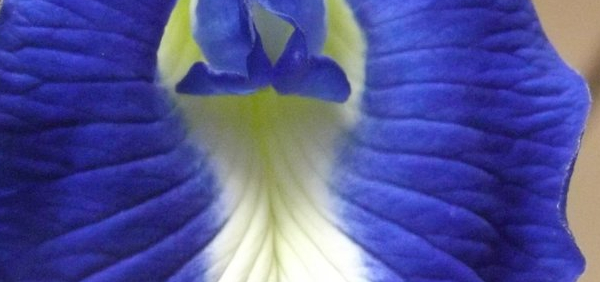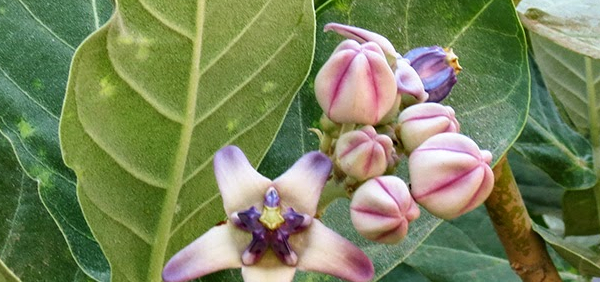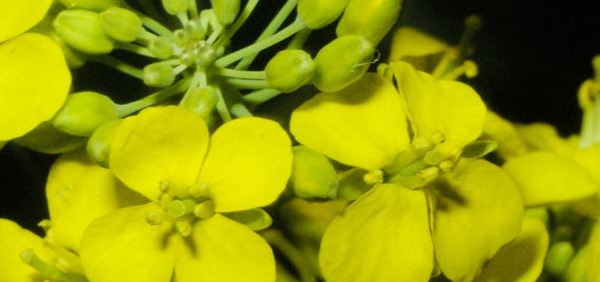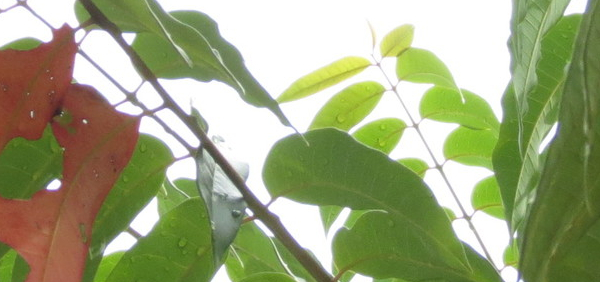agaru:

Phytochemistry:
Major chemical constituents include:
- Agarospirol, Aquillochin,
- Holocellulose, Lignan, Pentosans,
- Essential ois viz. Agarol (a sesquiterpene alchol, the main odoriferous component )
- Agarofurans; nor-keto-agarofurans,
- Jinkohol, Jinkoheremol,
- Dihydrokaranone, Kusunol, agarotetrol etc.
PHARMACOLOGY:
Pharmacological activities and medicinal properties as a folk medicine to treat several disease like inflammation, arthritis, vomiting,cardiac disorders, cough,asthma,leprosy,anorexia,headache and gout.The plant has been reported to possess several pharmacological activities such as
antinociceptive, antimicrobial, laxative, anti-oxidant, sedative,antihyperglycaemic, thrombolytic, anti diabetic, ulcer protective, anti cancerous, antidiarrhoeal, hepatoprotective and CNS activities. Every portion of the plant has beneficial properties that can serve the mankind. The entire plant can be extensively studied for further future prospectives.
- » Classification and names of agaru
- » Synonyms and definitions of agaru
- » Drug Properties of agaru
- » Chemical Constituents of agaru
- » Standardization of agaru
- » Parts used and Dosage of agaru
- » Morphology and Histology of agaru
- » Distribution and Conservation of agaru
- » Cultivation of agaru
- » agaru in the market
- » Medicinal Uses of agaru
- » Researches and clinical trails of agaru
- » agaruin other sytems of medicine
- » Ayurvedic formulations with agaru
- » Images of agaru












